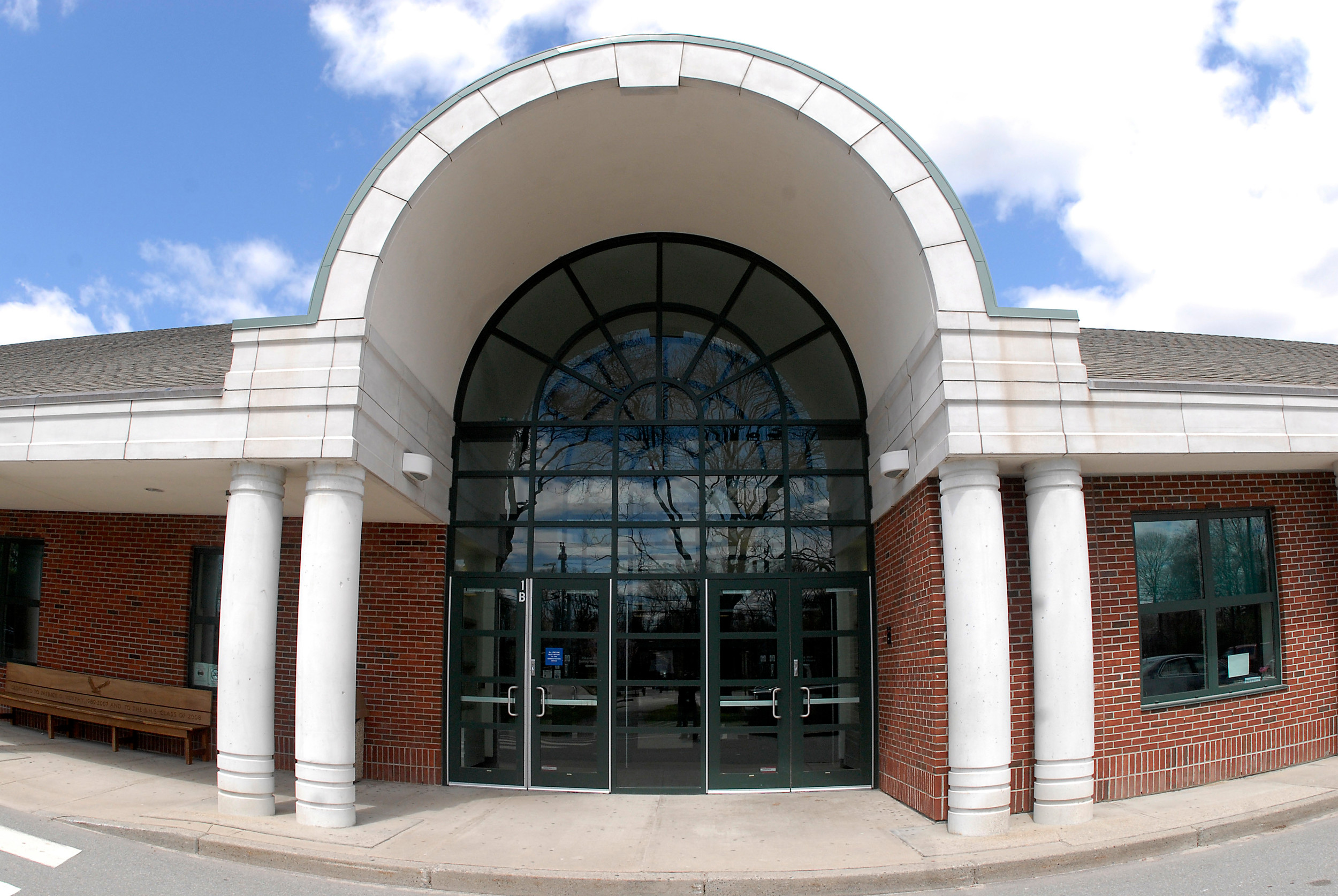DEI policy goal: Make all students feel sense of belonging
Schools’ diversity, equity and inclusivity policy introduced earlier this month
What will the district’s new “diversity, equity and inclusivity” policy mean for students and their families?
Barrington School Committee Chairwoman Gina Bae said the direct …
This item is available in full to subscribers.
Please log in to continue |
Register to post eventsIf you'd like to post an event to our calendar, you can create a free account by clicking here. Note that free accounts do not have access to our subscriber-only content. |
Day pass subscribers
Are you a day pass subscriber who needs to log in? Click here to continue.
DEI policy goal: Make all students feel sense of belonging
Schools’ diversity, equity and inclusivity policy introduced earlier this month
What will the district’s new “diversity, equity and inclusivity” policy mean for students and their families?
Barrington School Committee Chairwoman Gina Bae said the direct impact in classrooms will most likely be through the curriculum, adding that there will also be DEI training for administrators and educators.
The DEI policy, which was introduced earlier this month and could be approved in early June, offers this description, in part, as its purpose: “(Barrington Public Schools) is committed to the development of each student’s unique potential through ensuring safe and inclusive schools, championing bias-free practices by recognizing and challenging our biases, and implementing a culturally relevant and responsive curriculum.”
Ms. Bae said some of the curriculum work has already started. For example, literature included in the assignments provides multiple perspectives. She said some of the literature used in the past could have presented one, narrow perspective, often times a caucasian perspective.
Ms. Bae said the goal is make sure all students feel a sense of belonging and inclusion.
The school committee chairwoman offered an example from one of the elementary schools — she said students had completed a lesson on libraries, learning how libraries differed around the world. In some countries, libraries are large buildings housing large collections of books and other materials. But in other countries a library may be a cart that is brought to town, or a bus carrying books.
She said the lesson led the young Barrington students to create a social justice action component — they began collecting books for less fortunate children.
“That was very organic,” Ms. Bae said, referring to the book drive.
“Culturally relevant means you’re not presenting only one narrow perspective,” she said.
Ms. Bae said the district’s DEI advisory committee has also been working on ways it can further connect with parents in town and the larger community of Barrington. She said the committee discussed hosting forums where varying topics could be discussed. She said one possible topic was offering direction on how people can be a better ally to someone — how people can respond if they hear someone else making an offensive comment directed at a person.
Ms. Bae said the group would like to provide people the tools to use in certain situations.
“The bigger picture…” she said, “is that it’s all tied to our strategic plan.”
The training for the district’s administrators will focus on a variety of topics including biases, barriers, and impact versus intent, Ms. Bae said. She that sometimes people can offend others without intending to do so, and that a response of “I didn’t mean that” is not enough.
Ms. Bae added: “There is a fear that the policy is out there to make white people feel bad about being white.” She said that is not the case.
Ms. Bae said Theresa Moore served as the district’s DEI consultant. She added that one of the key messages in the policy was: “We believe that shame is a tool of oppression and not an effective social justice tool.”
District’s commitment
The district’s DEI policy includes statements of commitment:
• We believe the most effective way to tackle issues of privilege and systemic bias is to name them, talk about them, and take personal and collective responsibility to change them.
• We believe that it is not the job of the people being targeted by prejudice and discrimination to start the dialogue, carry the emotional labor of the conversations, or grant absolution to those who are feeling shame and guilt about the pain being experienced by others.
• We believe that the greatest casualty of trauma is the emotional, and sometimes physical, safety required to be vulnerable, and that, in addition to violence and neglect, poverty, racism, sexism, ageism, ableism, sizeism, homophobia, transphobia, islamophobia, xenophobia, and other system forms of oppression and/or bias are trauma.
• We also believe that everyone deserves safe spaces to be vulnerable; therefore, we work to both create safe spaces for individuals and we work to promote social justice. It is another form of injustice to ask generations of people to forego the live-giving experiences that are born of vulnerability until our systems are equitable and just.
• We believe that shame is a tool of oppression and is not an effective social justice tool.
• We acknowledge that these beliefs only have value if they are reflected in our practice, and we are committed to practicing these beliefs at every level.






